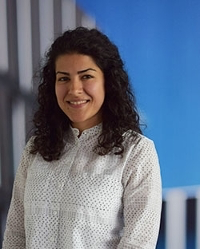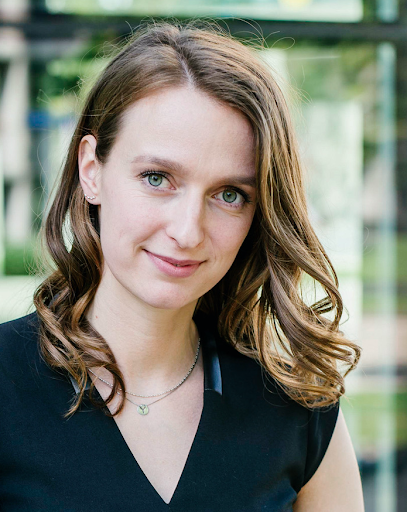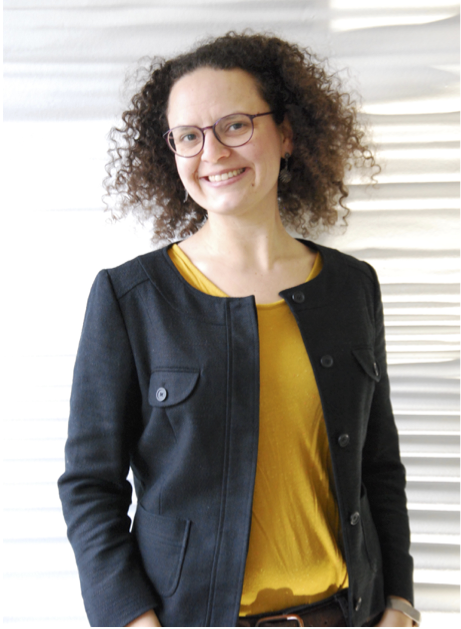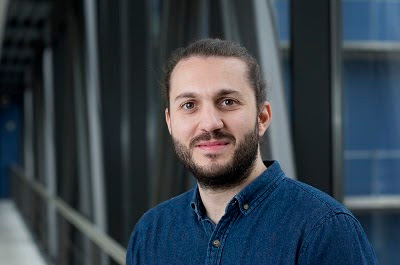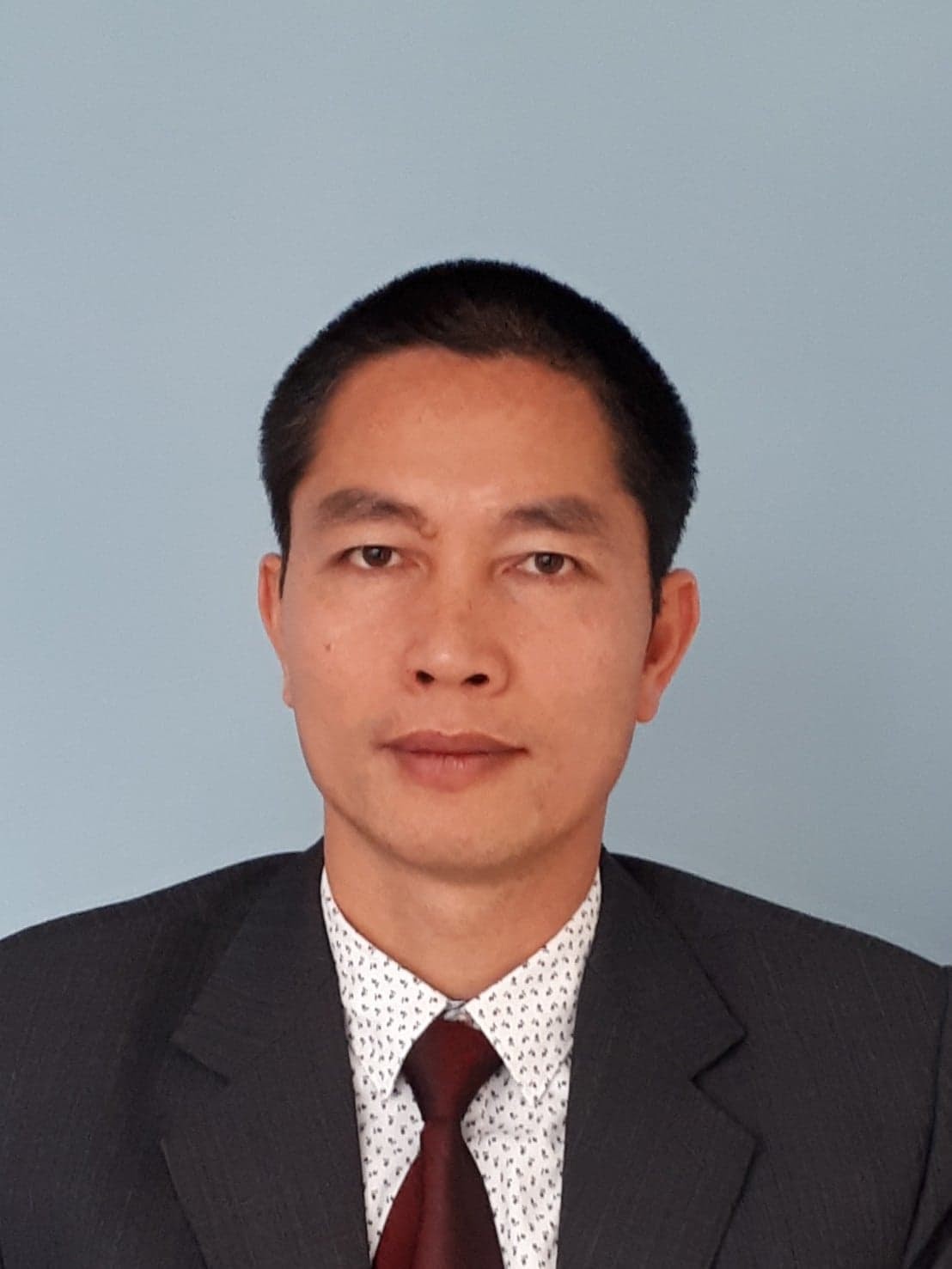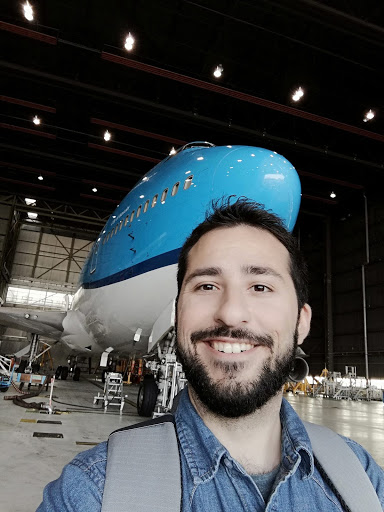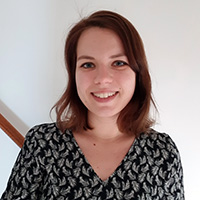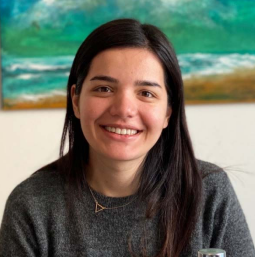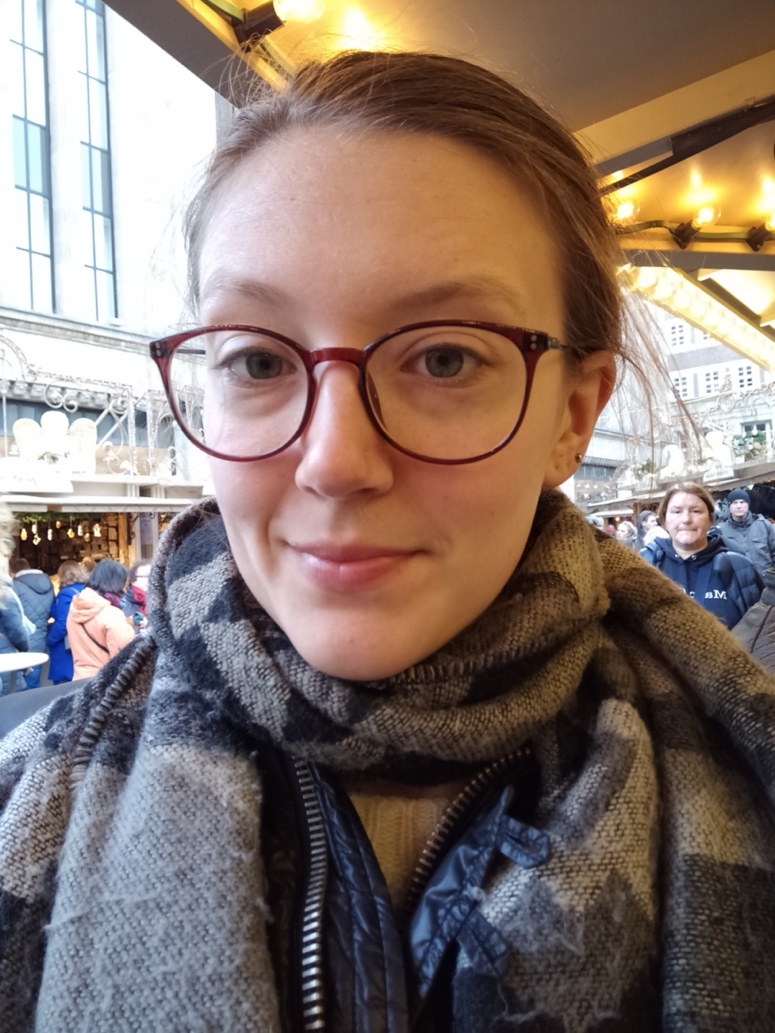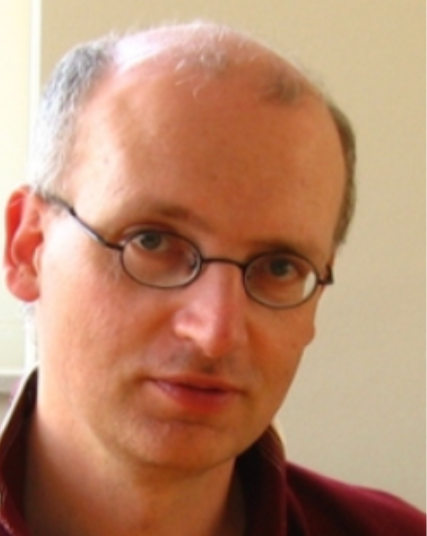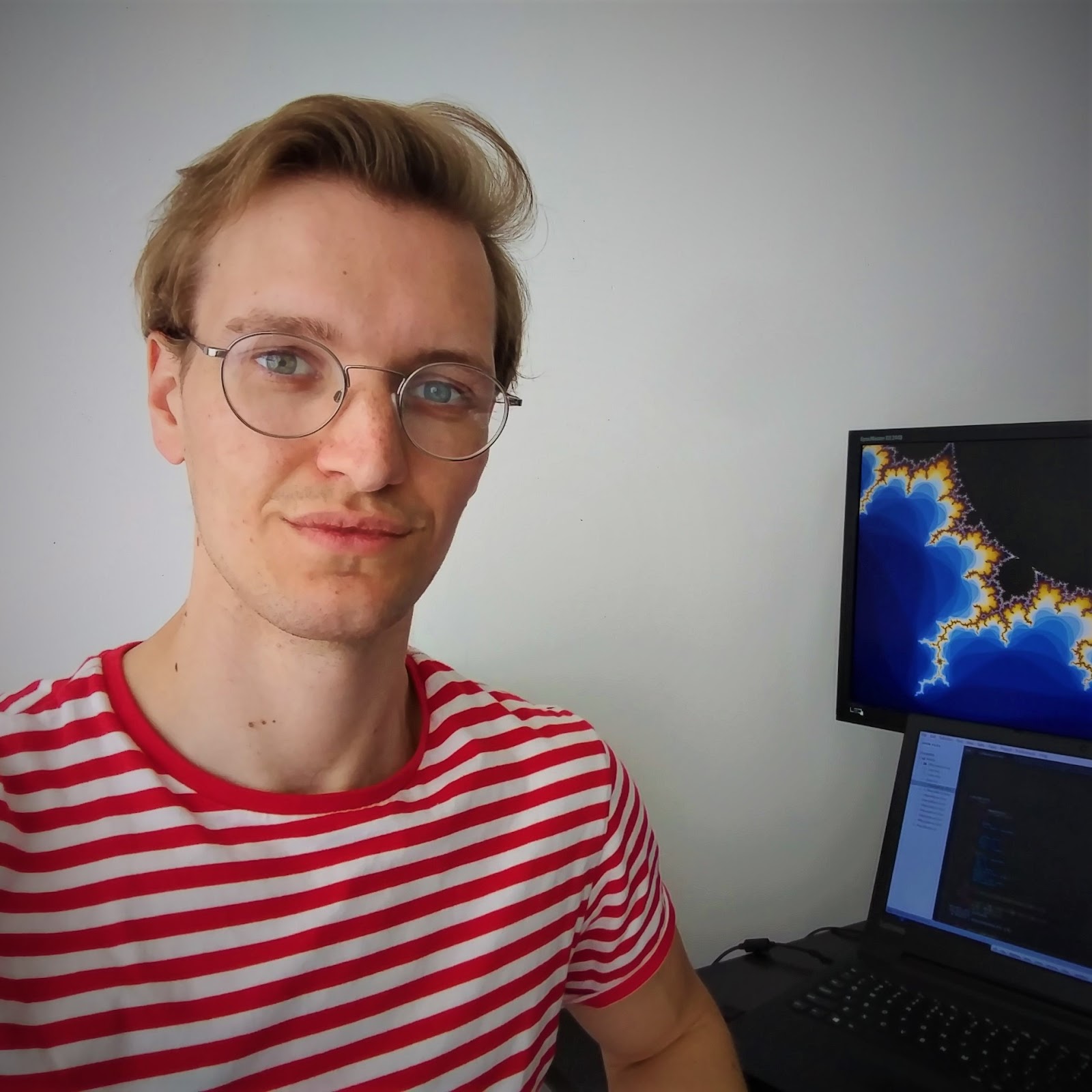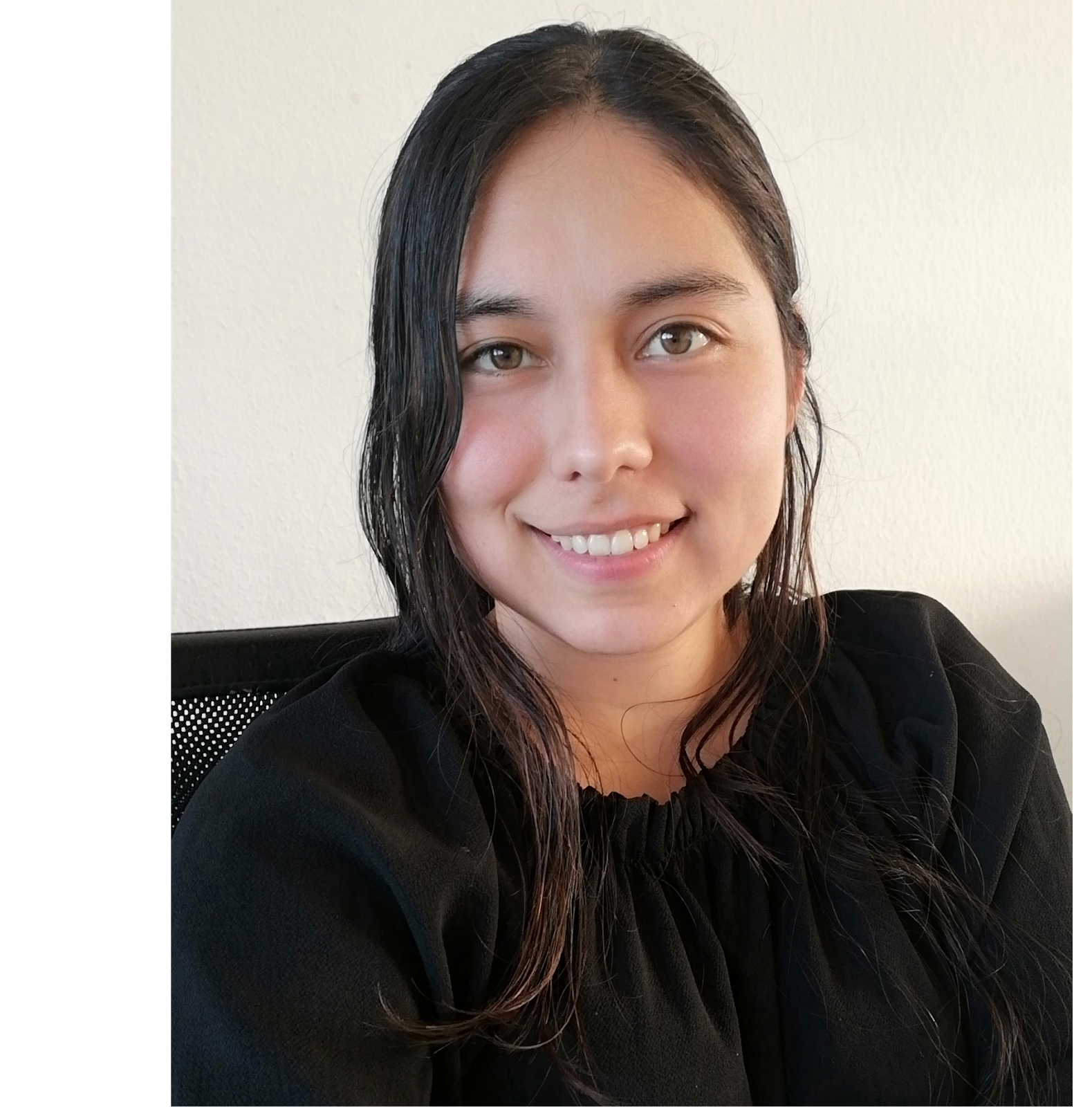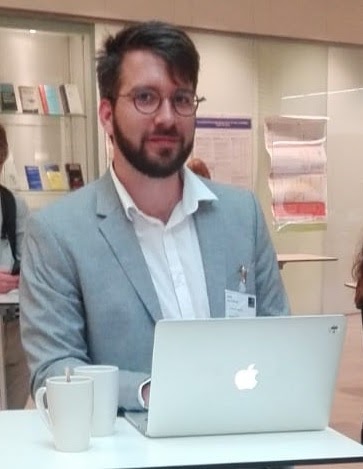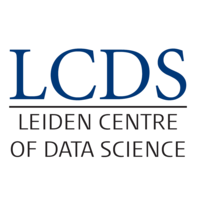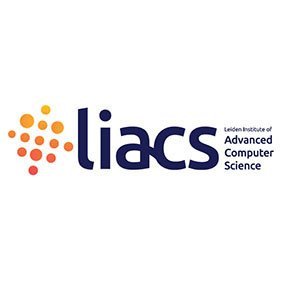| 16 May 2022 | Maedeh Nasri | Social network analysis on Spatial Temporal graphs |
| 21 April 2022 | Solomiia Kurchaba | NO2 ship-plume segmentation with supervised learning on TROPOMI/S5P satellite data |
| 24 March 2022 | Job Vink | Estimating high resolution canopy structure metrics with radar, lidar and spectrometry data |
| 24 February 2022 | Zhizhou Fang | Mining group interactions from wearable data |
| 9 December 2021 | Laurens Arp | Physics-Aware Automated Machine Learning |
| 11 November 2021 | Marios Kefalas | Remaining useful life estimation through Survival Analysis and Uncertainty Quantifiation |
| 14 October 2021 | Ahnjili Zhuparris | The monitoring and modeling of clinical populations using smartphone and wearable data |
| 08 July 2021 | Stelios Paraschiakos | Quantifying physical activity in older people to study healthy ageing, the GOTO study |
| 10 June 2021 | Jaco Tetteroo | Automated COVID-19 Forecasting |
| 12 May 2021 | Annelinde Lettink | Movement Sequence Mapping: Cut-Points Based vs. Data-Driven Method |
| 15 April 2021 | Saskia Koldijk | Detecting Physiological Arousal in Children Using a Wearable |
| 18 March 2021 | Maedeh Nasri | Siamese Hybrid Architectures for Learning Trajectory Similarity |
| 21 January 2021 | Daniela Gawehns | Finding Questions in Temporal Data |
| 26 November 2020 | Iris Yocarini | Classification Wheelchair Activities |
| 29 October 2020 | Wouter Verschoof | CarcassonNet: A Novel Approach to Detect and Trace Medieval Hollow Roads in LiDAR Data |
| 3 September 2020 | Dafne van Kuppevelt and Vincent van Hees | (Automated) Machine Learning for Time Series Classification |
| 30 July 2020 | Laurens Arp | A Markov Reward Process-inspired method for spatial interpolation enhanced by spatial features |
| 2 July 2020 | Gilles Ottervanger | AutoML for Early Time Series Classification |
| 11 June 2020 | Duc Nguyen | Predictive Maintenance: Case study Error Classification of Electrical Motor |
| 14 May 2020 | Marieke Vinkenoog | Time Series Analysis for Blood Donors |
| 16 April 2020 | Nuno César de Sá | Challenges of Estimating Biophysical Rraits of Vegetation in RS |
| 19 March 2020 | Stylianos Paraschiakos | Activity Recognition and Energy Expenditure Estimation towards a Healthy Ageing |
| 27 February 2020 | Marios Kefalas | Time-series Analysis for Remaining Useful Life Estimation |
